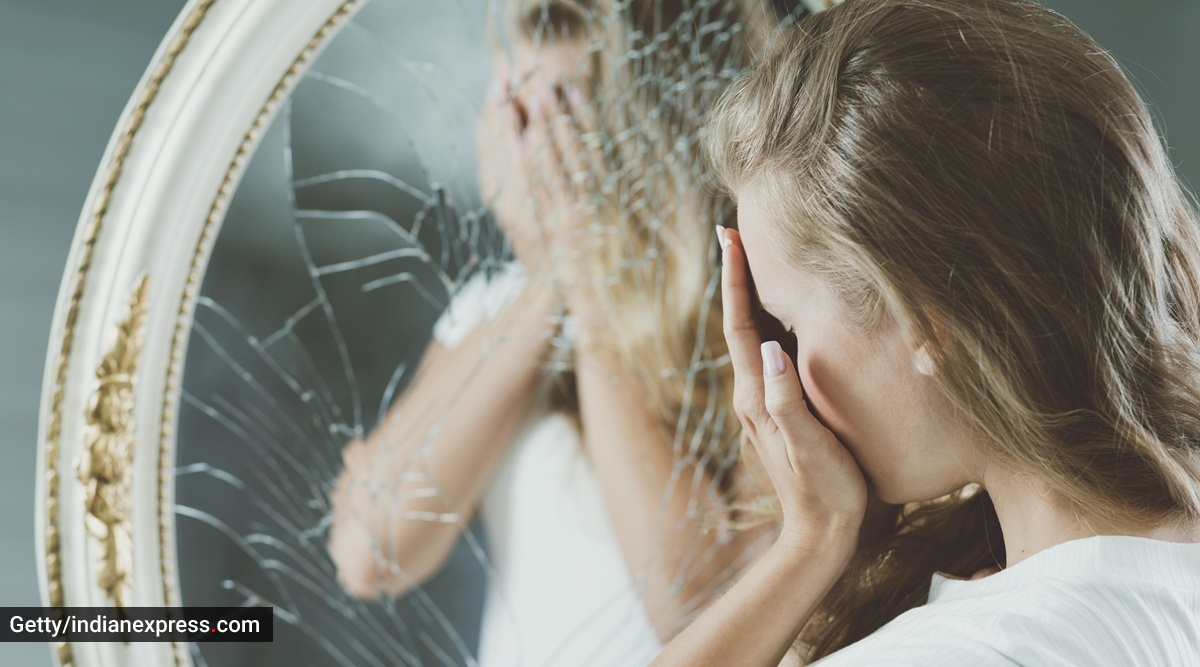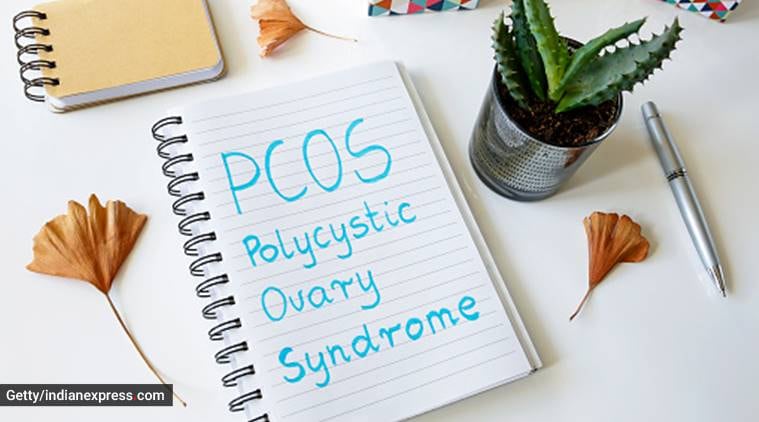 Here's how PCOS could also be related to bipolar. (Source: Getty Images/Thinkstock)
Here's how PCOS could also be related to bipolar. (Source: Getty Images/Thinkstock)Polycystic Ovary Syndrome (PCOS), a hormonal disorder that affects one out of every 10 women in our country, despite being common has less awareness around it. Women with PCOS can often have symptoms ranging from excessive body hair, acne, weight gain and also infertility in severe cases. Dr Alka Kriplani from Paras Hospitals, Gurugram, however, says that it does not end here.
“Research has shown that women suffering from this condition are also more likely to suffer from mental health problems like depression, anxiety and bipolar disorder,” says Dr Kriplani.
 PCOS has symptoms like excessive body hair, acne, infertility in severe cases, and weight gain. (Source: Getty Images)
PCOS has symptoms like excessive body hair, acne, infertility in severe cases, and weight gain. (Source: Getty Images)
How does PCOS affect you?
“PCOS affects the functioning of the ovaries, which results in irregular periods, excess androgens or male hormones in the body. Studies suggest that up to 60 per cent of women with PCOS also suffer from some form of mental illness. However, since the physical symptoms of PCOS are so evident, often many tend to overlook the mental illness it may cause,” says Dr Kriplani.
The link between PCOS and bipolar disorder
Dr Kriplani shares that when the researchers from University of Cardiff “assessed the mental health history of more than 17,000 women diagnosed with the condition, the results showed those with PCOS were more likely to be diagnosed with depression, anxiety and bipolar disorder.”
“However,” she says, “it is not clear what really causes the condition or if it is simply related to abnormally high levels of insulin. But physical symptoms like excessive hair growth, unusual weight gain, and acne, can also lead to low self-esteem. Both physical and chemical symptoms can lead to severe mood swings, which can cause one to feel low. Such mixed emotions can affect one’s mental state.”
ALSO READ | PCOS and Endometriosis: How to spot the signs
Treatment
“It can be treated in two ways: treating PCOS from its roots and then addressing the emotions arising from it. While medicines help balance the blood sugar and insulin levels, one also needs to bring some lifestyle modifications including working out regularly while making sure you manage your diet,” she told indianexpress.com.
Dr Kriplani points out that treating mental health issues needs a multifaceted approach. “Cognitive behavioural therapy can be helpful in treating PCOS and anxiety attacks. Also, therapy can help people experiencing PCOS-related depression or general self-esteem issues. You can begin by taking little steps such as journaling to understand your emotional patterns and triggers causing you to feel emotionally unstable. This will enable you to practice self-care and a healthy outlet for your emotions,” she adds.
For more lifestyle news, follow us: Twitter: lifestyle_ie | Facebook: IE Lifestyle | Instagram: ie_lifestyle
📣 The Indian Express is now on Telegram. Click here to join our channel (@indianexpress) and stay updated with the latest headlines
For all the latest Lifestyle News, download Indian Express App.